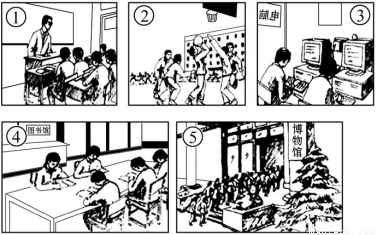0 133375 133383 133389 133393 133399 133401 133405 133411 133413 133419 133425 133429 133431 133435 133441 133443 133449 133453 133455 133459 133461 133465 133467 133469 133470 133471 133473 133474 133475 133477 133479 133483 133485 133489 133491 133495 133501 133503 133509 133513 133515 133519 133525 133531 133533 133539 133543 133545 133551 133555 133561 133569 151629

